1. Only older women get breast cancer.
No. Breast cancer does occur more commonly in older women, however it is still possible for a younger woman (even in her twenties) to get breast cancer. This is why it is so important to get any concerning lumps or other symptoms checked by a breast specialist.
2. If you carry the gene mutation for breast cancer, you will likely get it.
No. You are at increased risk, however it is at most an 80% chance with certain mutations. Knowing this, we can monitor women who are at higher risk by performing more frequent exams such as MRIs and mammograms, as well as biopsies when indicated.
3. If no one in your family has had breast cancer, you won’t get it.
No. All women are at risk of breast cancer, regardless of their family history. This is why it is imperative that women have a screening mammogram and follow up with their healthcare provider if they have any breast concerns.
4. Breast cancer risk is passed down to you from your mother.
No. Breast cancer risk can be inherited from either parent.
5. Antiperspirants cause breast cancer.
No. There is no evidence that certain types of skin treatments cause breast cancer. It is unlikely that the cosmetic/hygienic agents that we apply to our skin would cause a disease inside the body. There is a misunderstanding surrounding breast cancer and anatomy. What is applied under our arms does not travel to the breast tissue.
6. Breast cancer is caused by birth control pills.
No. There are hormones in cyclical birth control pills as well as implanted birth control devices, however these hormone levels are not significant enough to cause breast cancer. Another common misconception is that abortion causes breast cancer - this is inaccurate.
7. Poor diet causes breast cancer.
No. Consuming an unhealthy diet does not cause cancer directly. There is no indication that any particular food causes breast cancer. Post-menopausal women who are overweight are at an increased risk, however obesity in pre-menopausal women does not indicate increased risk. A sedentary lifestyle is associated with an increased risk of breast cancer, just as more daily activity is associated with a decreased risk.
8. A self-breast exam is the best way to diagnose breast cancer.
No. Not to minimize the importance of a self-breast exam, but one of the most accurate tools we have to diagnose breast cancer is a screening mammogram. Self-exams are still very important and a number of women reach out to a breast care specialist because they have discovered a lump in their breast via a self-exam.
9. There is nothing I can do about having a high risk of breast cancer.
Not true. Regular follow ups with your primary care provider or breast care specialist can help you to understand your risk. There are many tools we have to identify abnormalities in the breast tissue before they become a serious problem. There are risk reducing strategies that may include medication or surgery. Planning, initiating, and following through with these treatment strategies provides a long-term risk reduction.
10. A breast cancer diagnosis is life-threatening.
No. The survival rate for breast cancer continues to improve as research and technology continues to advance. Results from recent and ongoing scientific research studies performed in the laboratory have been transferred to the breast care field and these treatment techniques are applied in the patient care setting, vastly improving outcomes.

